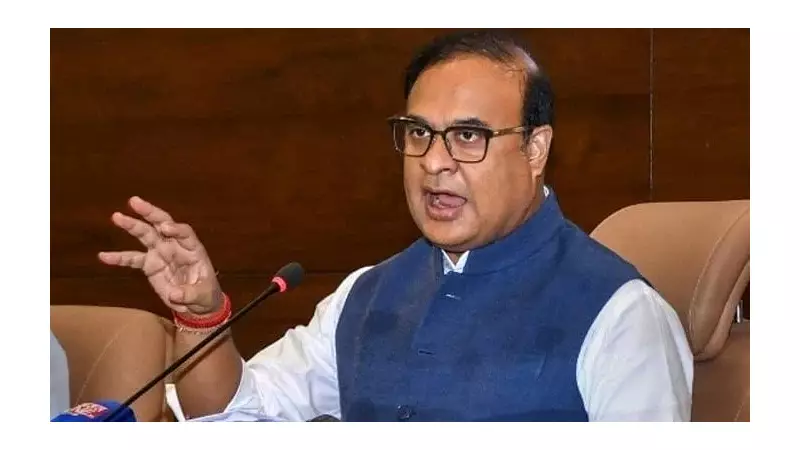
In a significant development for Assam's political landscape, the state government and the All Assam Students' Union (AASU) have found common ground on the majority of recommendations put forward by the committee overseeing Clause 6 of the Assam Accord. The breakthrough emerged during the third round of discussions focused on implementing constitutional safeguards for indigenous communities.
Consensus Reached on Key Recommendations
The high-level meeting marked a crucial step forward in the long-pending implementation of Clause 6, which aims to provide constitutional, legislative, and administrative protections to preserve the cultural, social, and linguistic identity of Assam's indigenous population. Both parties acknowledged alignment on most recommendations proposed by the expert panel, though specific details of the agreed-upon points remain undisclosed to the public.
This consensus represents a major achievement given the historical significance of the Assam Accord, signed in 1985 after years of student-led agitation against illegal immigration. The agreement on November 22, 2025 demonstrates renewed commitment from both governmental authorities and civil society organizations toward fulfilling the accord's promises.
New Review Committee for Timely Implementation
Recognizing the need for sustained momentum, the participating entities made another critical decision during the talks. A new review committee will be established specifically to monitor and ensure the timely implementation of the agreed recommendations.
This oversight mechanism addresses longstanding concerns about delays in executing the Clause 6 provisions. The review body will work as a watchdog to track progress and maintain accountability throughout the implementation process, ensuring that the hard-won consensus translates into concrete action on the ground.
Path Forward for Indigenous Safeguards
The productive dialogue between the government and AASU signals a positive shift in the approach to resolving one of Assam's most complex and emotionally charged issues. The third round of discussions has built substantial momentum toward finally realizing the protective measures envisioned in the Assam Accord nearly four decades ago.
While challenges remain in working through any outstanding disagreements, the establishment of the review committee creates an institutional framework to address implementation hurdles systematically. This development brings hope to indigenous communities who have long awaited the constitutional safeguards promised to protect their identity and rights within their homeland.
The progress achieved in these talks demonstrates that sustained dialogue between stakeholder groups can yield tangible results, even on matters as complex as constitutional protections for indigenous populations. All eyes will now be on the newly formed review committee to ensure that the agreed recommendations move from paper to practice without unnecessary delay.






